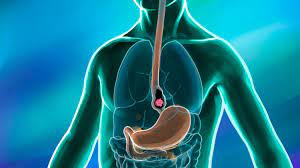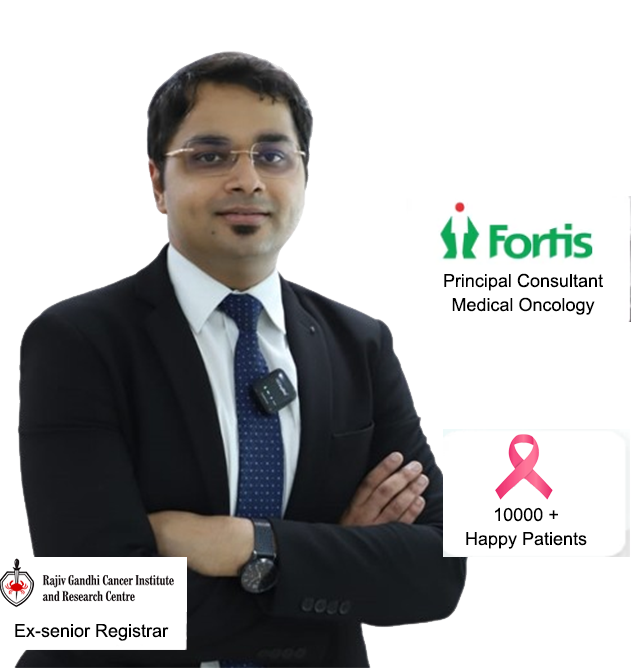

Esophagus is the muscular tube connecting the back of your mouth to the stomach. Abnormal growth of cells in the Esophagus is called as Esophageal cancer. Diagnosis is usually made late due to delayed occurrence of symptoms.
When diagnosed with esophageal cancer, the doctor works to determine the extent (stage) of the cancer. The cancer’s stage helps determine the treatment options and the tests used in staging esophageal cancer include CT scan and PET scan.
Endoscopy is one of the most common ways of diagnosing esophageal cancer. It may be used to obtain a tissue biopsy as well as to determine the extent of the tumor. The camera on the end of the endoscope allows doctors to see the lining ...
Esophagectomy is a surgical procedure to remove some or all of the esophagus and then reconstruct it using part of another organ, usually the stomach. The types of esophagectomy are:
Trans-thoracic Esophagectomy where esophagus and part of stomach is removed by standard surgical approach (laparotomy, thoracotomy and neck incision)
Video-assisted Thoracoscopic Surgery (VATS) and Robotic-assisted Thoracoscopic Surgery (RATS) - These are minimally invasive surgical approach to perform esophagectomy. The post-operative recovery is much faster in these procedures.
No tube no fasting esophagectomy is performed under special circumstances, where the patient is allowed to consume food the next day after surgery

BEST ONCOLOGIST IN NOIDA
Enquire Now